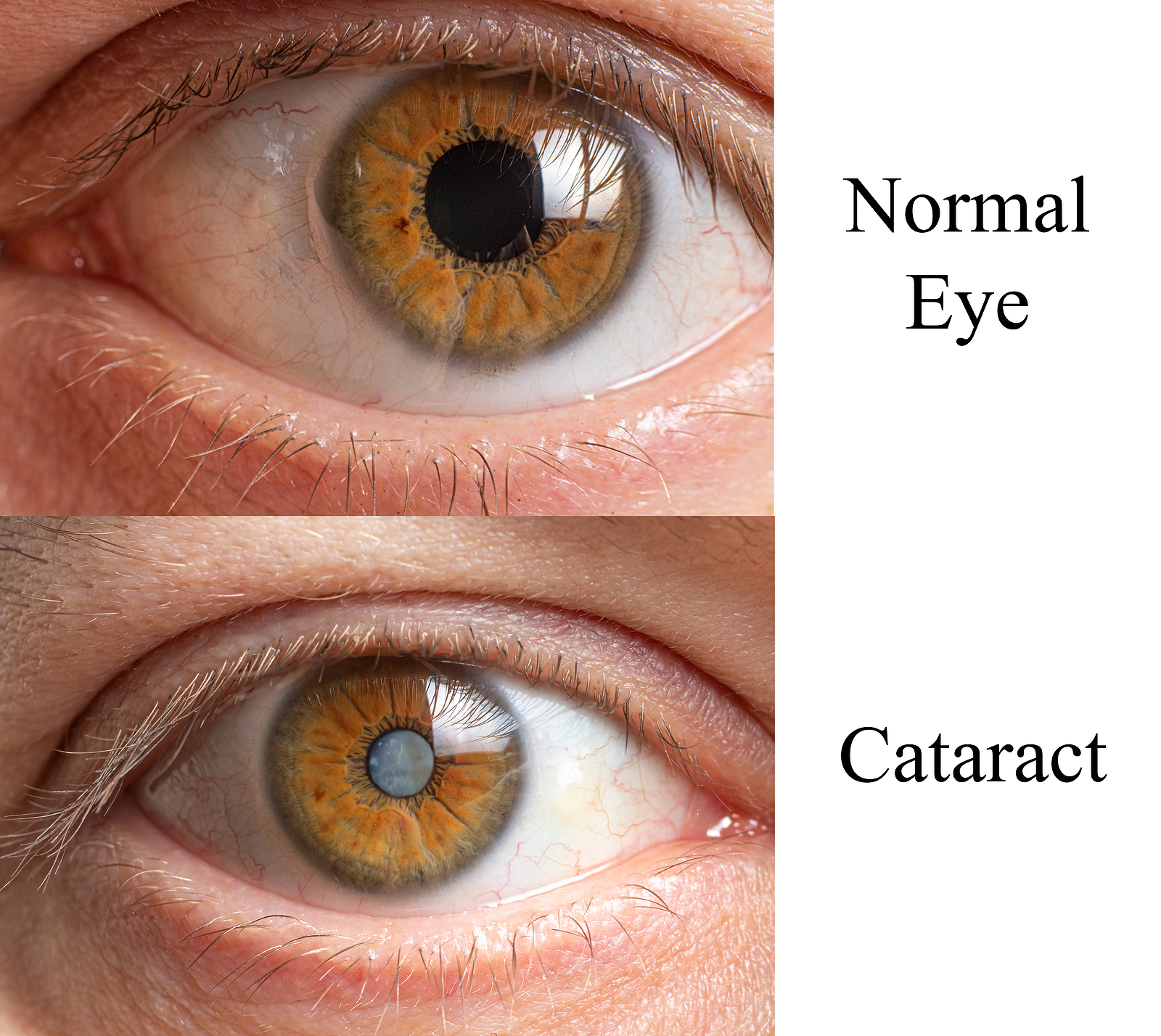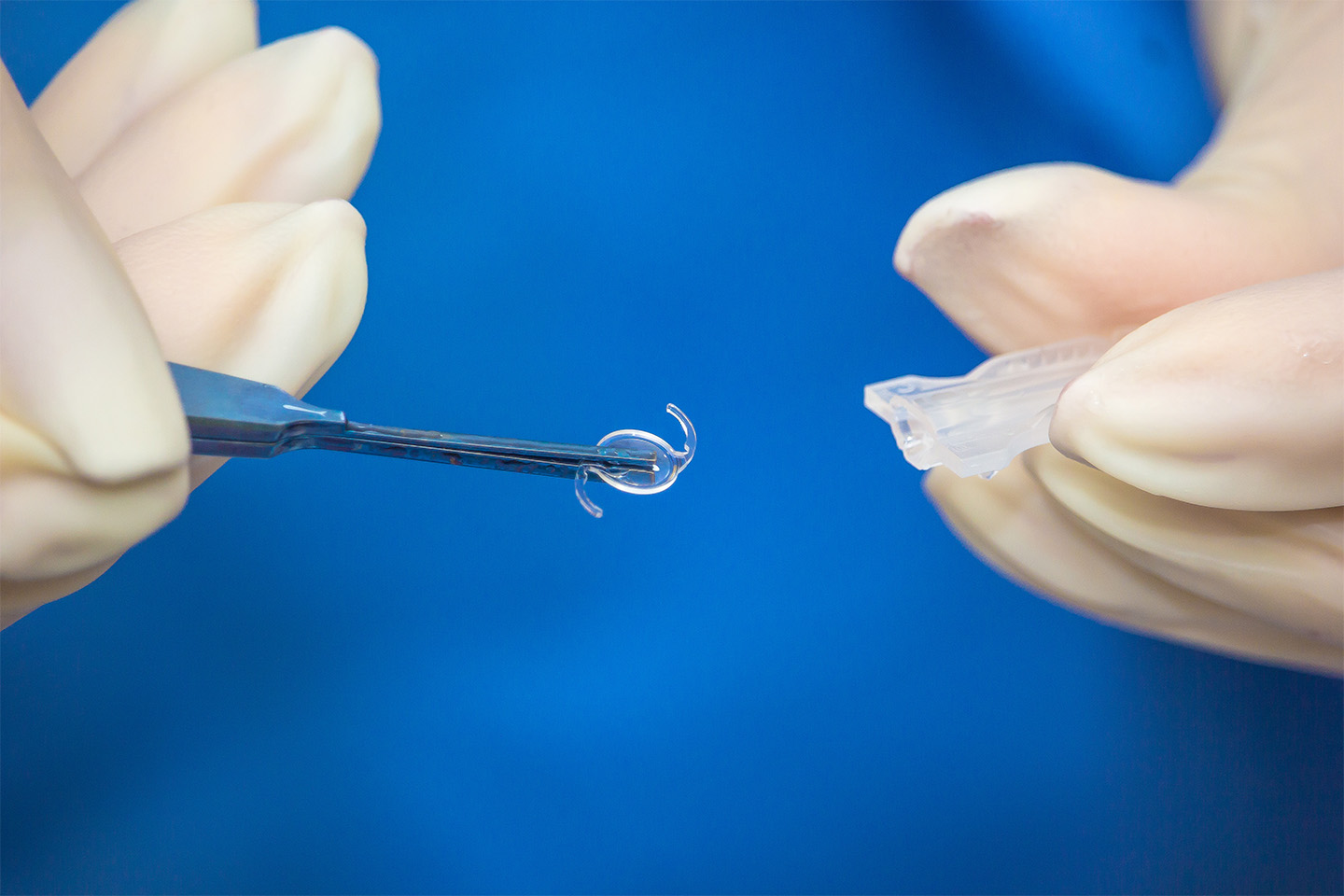What to Expect from Cataract Surgery Recovery

Cataract surgery can restore your vision and prevent cataracts from further affecting your eyesight. However, some people put off surgery due to worry or stress regarding the recovery process. Our cataract eye specialists in Grand Junction can put your mind at ease. Ask your eye doctor at ICON Eyecare any questions you may have during your consultation for cataract surgery.
To help you prepare for cataract surgery, our board-certified surgeons have put together information below on what to expect during the recovery process.
Recovery from Cataract Surgery in Grand Junction
After cataract surgery, you may have blurry vision until your eyes begin to heal. Within a few days, you will notice a change in your vision. Many patients report seeing brighter colors and more detail. Thanks to a new, clear lens, the yellow or brown tinge of the cataracts no longer mutes colors or obscures your vision.
Expect to see an eye care provider several times for post-operative appointments. Typically, you’ll come in for checkups, as follows:
- The day after your surgery
- The following week
- A month later
It’s normal for your eyes to feel uncomfortable or itchy for a few days. It’s important to avoid rubbing or pushing on your eye for any reason.
If your doctor prescribes eye drops to prevent inflammation and infection, please use them as directed. Although the itchiness and irritation go away within a couple of days, it takes about four weeks for your eye to heal from the surgery.
Contact ICON Eyecare Immediately if You Have These Symptoms
Contact us immediately to report the following symptoms:
- Vision loss
- Pain that doesn’t get better or go away after taking recommended medication
- Increased eye redness or swelling
- New spots (floaters) in your vision
Most patients wear glasses following cataract surgery. However, your eye doctor will let you know when your eyes are healed enough to get a new prescription. Typically, it takes between one and three months for your eyes to stabilize.
Other Procedures You May Need Following Cataract Surgery
You may have cataracts in both eyes. If so, your doctor will wait until the first eye has fully healed before scheduling your second surgery.
In some cases, you may develop a secondary cataract, also called a posterior capsule opacification (PCO). If the lens capsule holding the artificial lens becomes cloudy, you may need a second procedure. The cataract eye specialists in Grand Junction can treat this condition with a quick and painless in-office procedure.
Rely on Your Loved Ones
It’s important to limit physical activity such as cooking and cleaning. And you’ll need to let your body rest as much as possible following surgery. Ask your family and friends to help out with daily tasks as much as they can.
You can prepare meals ahead of time or order food to be delivered to your home. This will help you remain independent without overdoing it.
Are you ready to speak with our cataract eye specialists in Grand Junction? Schedule a screening appointment for cataract surgery in Grand Junction at ICON Eyecare today.
Request An Appointment.
Give us a phone call at (970) 256-0400 Monday – Friday, 8am-5pm to schedule a consultation.










 (970) 256-0400
(970) 256-0400